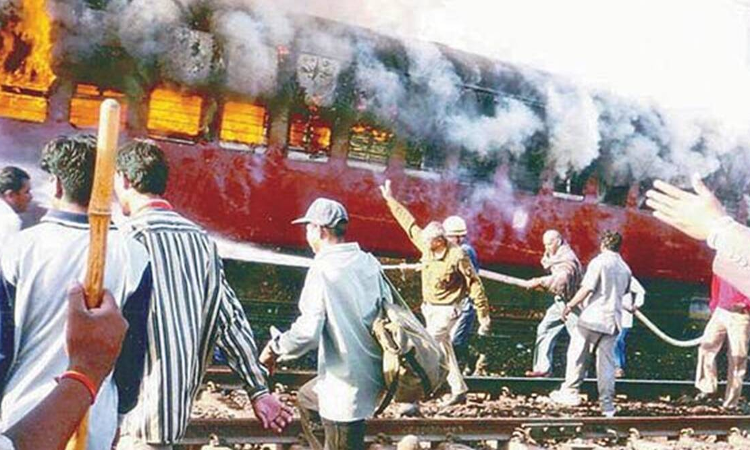Gujarat High Court Grants 15 Days Parole To Life Convict In 2002 Godhra Train Burning Case
Bhavya Singh
15 July 2023 11:26 AM IST

Period spent on parole part of sentence, doesn't amount to bail or suspension of sentence, Court clarified.
Next Story
15 July 2023 11:26 AM IST
